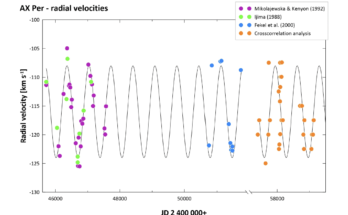Continue to article page to display article full-text.
This article studies the effects of Stimulus Checks on consumer spending in American counties. It joins a growing body of economic literature leveraging real-time economic data to analyze policy effects by leveraging high-frequency data of consumer spending on the level of American counties. The article contributes to the literature by thoroughly analyzing Stimulus Checks, using new divisions based on health situation, employment in services, and political preferences. It also disaggregates the difference in effect on consumer spending of top-income and bottom-income groups into two mechanisms: the relative size of checks and different propensity to consume. The divisions allow us to study the variation in the Stimulus Checks‘ impact across different subgroups. The article, for example, shows that income-constrained subgroups are most responsive to the policy and that the effect on the spending of groups with low consumer confidence was muted. The article can thus advise policymakers on what subgroups should future one-time payments target. Finally, the article explores several shortfalls of one-time payments. It explores how its inability to provide sufficient assistance to the most severely hit economic sectors weighs on its overall ability to recover the economy. It also comments on the muted impact the policy has on top-income households with high liquidity. The article then proposes several policies that can address these shortfalls. Overall, the analysis studies the effectiveness of the policy of one-time payments, which is warranted due to their growing popularity and provides guidance on the future use of the policy: when to use it, which groups to target and what policies ought to supplement it.
 Otakar Korinek is an 18-years-old student attending the class of 2022 at Nový PORGwhere he is enrollerd in the IB Diplima programme and entering his senior/final year. Korinek is a founder of ECONET, an organization that brings together young people passionate about economics and finance and provides them with resources and opportunities to develop their interests further. Korinek participates in academic research at the CERGE-EI institute and its IDEA think-tank. He has co-authored a forthcoming IDEA study about financial support for university students and a paper about sentencing decisions of law students and prosecutors. In his research pursuits, he has analyzed the development of consumer spending in American counties after the COVID-19 outbreak. This work has won Student Professional Activities – SPA (Středoškolská odborná činnost – SOC) competition and was nominated for the Česká hlavička award. He plans to continue his education in economics abroad. After university, he would like to enter academia or the financial industry, focusing on his interest in stock analysis.
Otakar Korinek is an 18-years-old student attending the class of 2022 at Nový PORGwhere he is enrollerd in the IB Diplima programme and entering his senior/final year. Korinek is a founder of ECONET, an organization that brings together young people passionate about economics and finance and provides them with resources and opportunities to develop their interests further. Korinek participates in academic research at the CERGE-EI institute and its IDEA think-tank. He has co-authored a forthcoming IDEA study about financial support for university students and a paper about sentencing decisions of law students and prosecutors. In his research pursuits, he has analyzed the development of consumer spending in American counties after the COVID-19 outbreak. This work has won Student Professional Activities – SPA (Středoškolská odborná činnost – SOC) competition and was nominated for the Česká hlavička award. He plans to continue his education in economics abroad. After university, he would like to enter academia or the financial industry, focusing on his interest in stock analysis.




